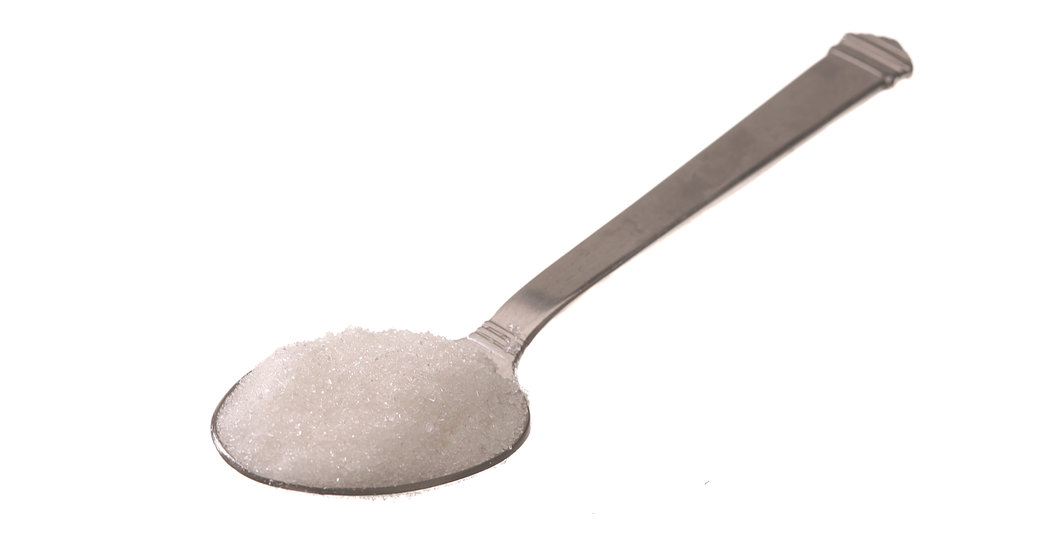Nutrients. 2023 Jan; 15(1): 209.
Real-World Intake of Dietary Sugars Is Associated with Reduced Cortisol Reactivity Following an Acute Physiological Stressor
Abstract
There is increasing academic and clinical interest in understanding the nature of the relation between diet and response to stress exposure as a risk factor for mental illness. Cross-species evidence shows that conditions of chronic and acute stress increase the intake of, and preference for, caloric-dense palatable foods, a phenomenon thought to be explained by the mitigating effects of comfort foods on the activity of the stress-response network. It is largely unknown whether and how real-world dietary intake of saturated fat and sugars impacts stress responsivity in humans. Therefore, here we examined whether real-world dietary intake of saturated fat and sugars predicted salivary cortisol reactivity following an acute physiological stressor. Multilevel modelling of four salivary cortisol measures collected up to 65 min after the stressor on 54 participants (18–49 years old) were analyzed using a quadratic growth curve model. Sugar intake significantly predicted a weaker cortisol response following the Cold Pressor Test (CPT) controlling for BMI and gender, revealing an inhibitory effect of caloric-dense diets on cortisol reactivity to stress. As the consumption of sugar rose individuals had lower post-stressor cortisol levels, a smaller rate of increase in cortisol 20 and 35 min after the CPT, a lower cortisol peak, and an overall weaker quadratic effect. These observations add to a growing body of evidence reporting suppressive effects of high-energy foods on stress-associated glucocorticoids reactivity and are consistent with the comfort food hypothesis, where people are seen as motivated to eat palatable foods to alleviate the detrimental repercussions of stressor exposure.

